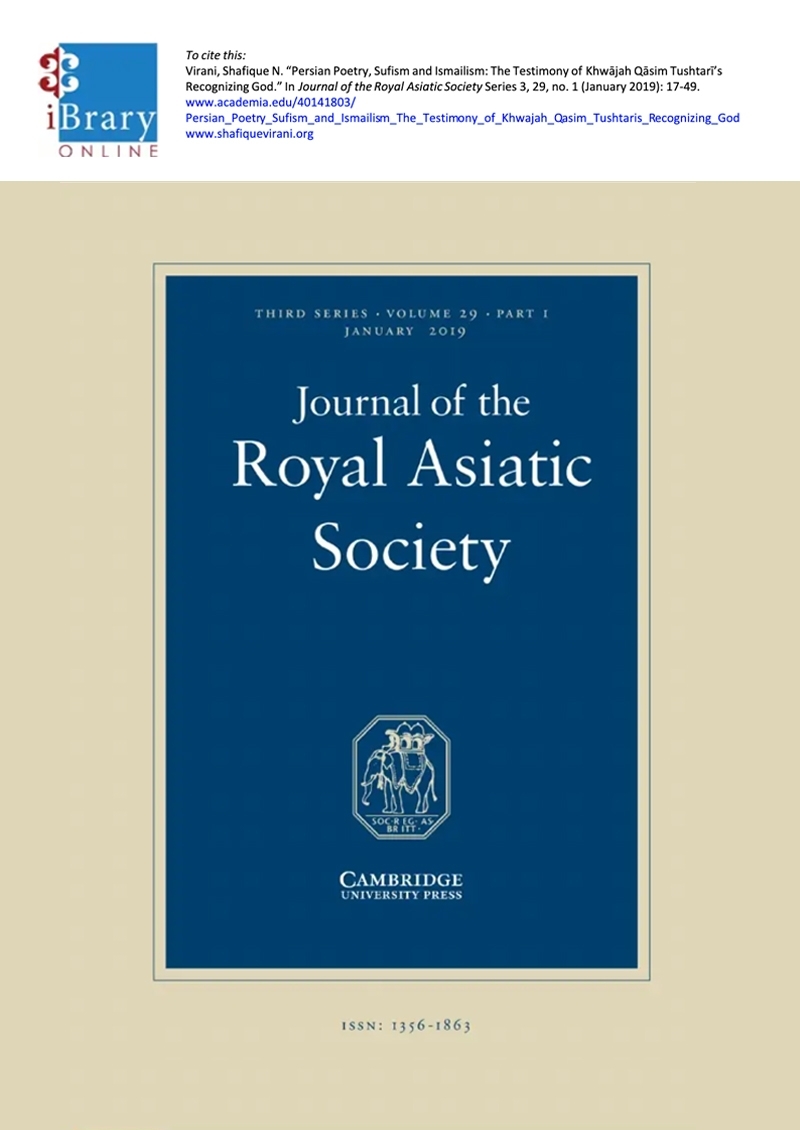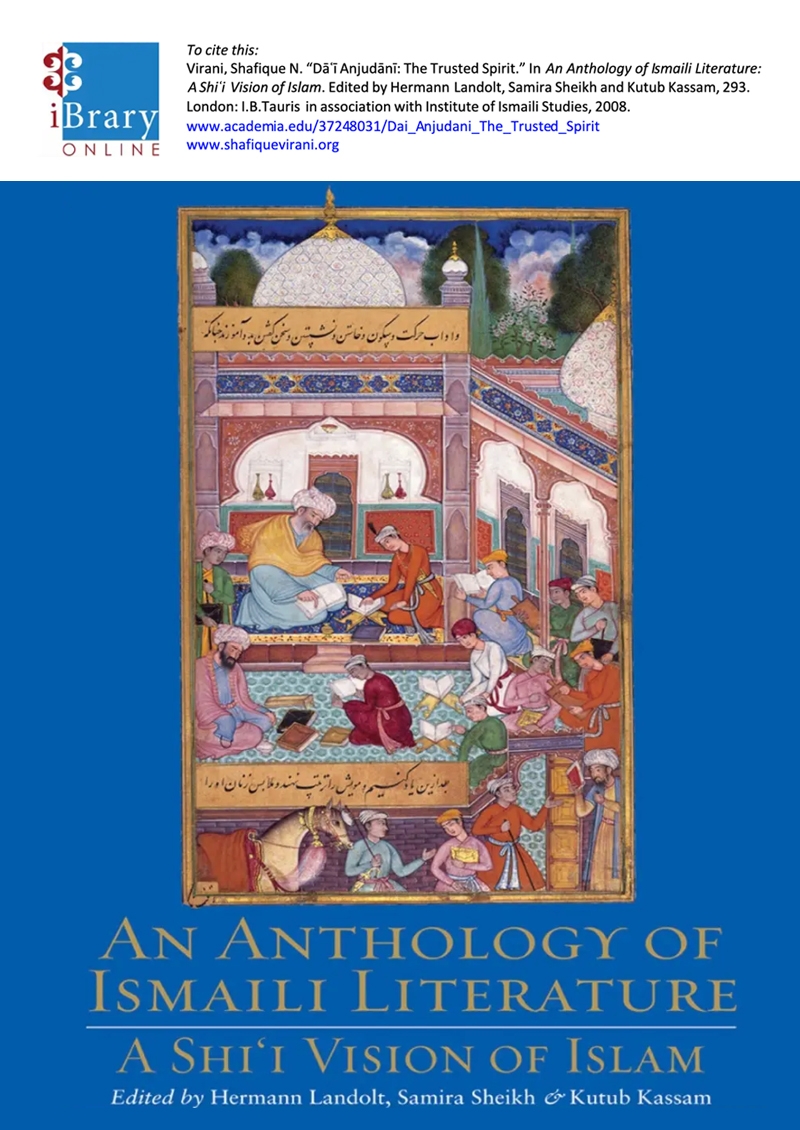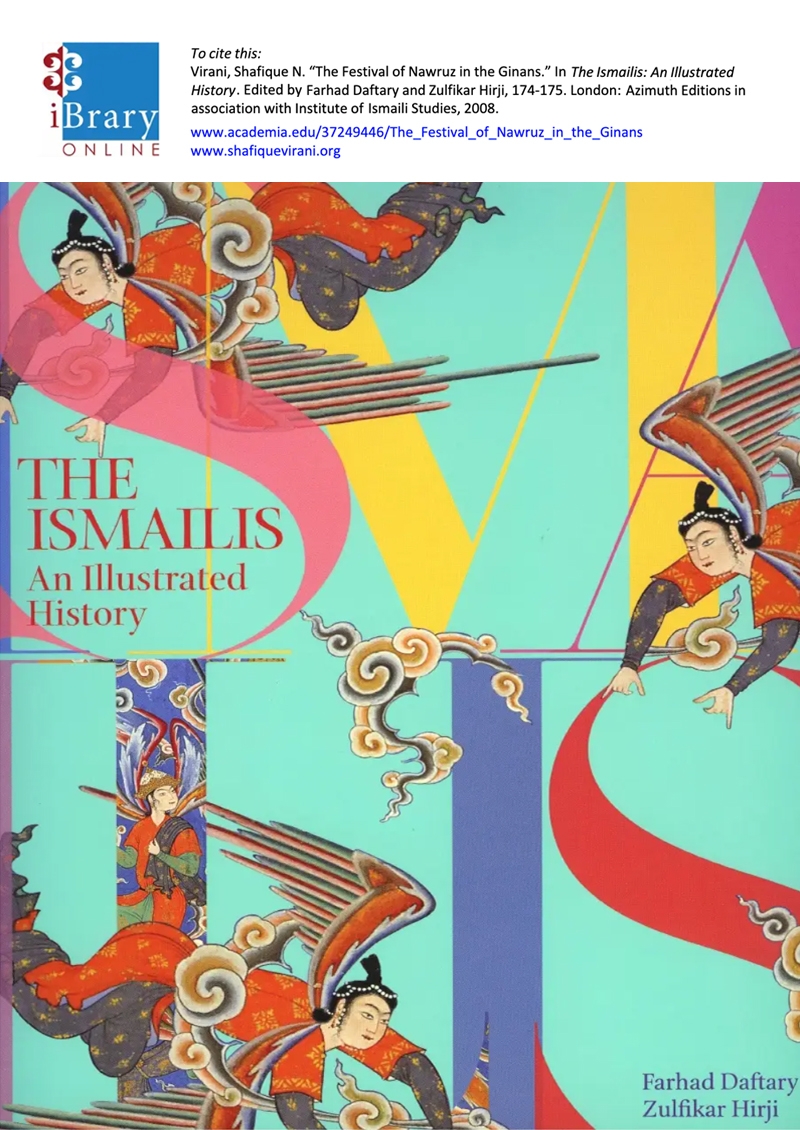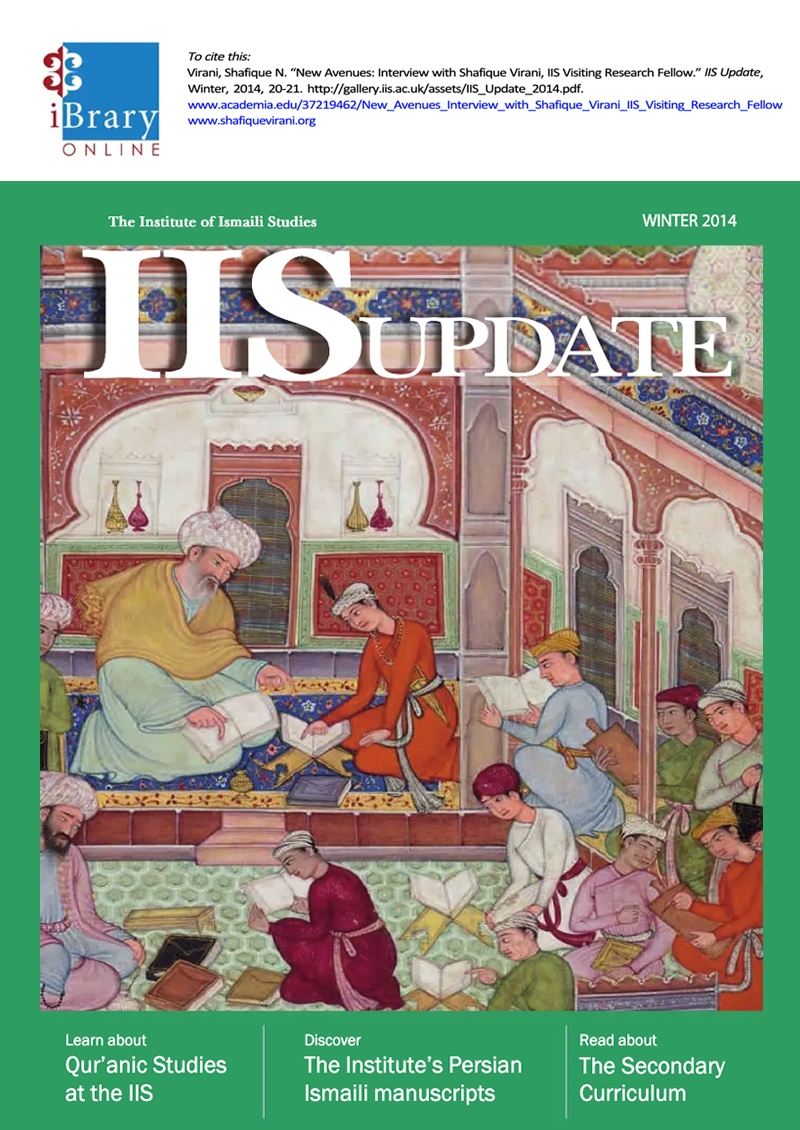Publication – English
Persian Poetry, Sufism and Ismailism: The Testimony of Khwajah Qasim Tushtari’s Recognizing God
Journal of the Royal Asiatic Society, Series 3, 2019
Abstract:
Khwajah Qasim Tushtari’s recently discovered Recognizing God (Ma’rifat-i Khuday ta’ala) is one of the only texts known to have survived from the early Alamut period of Ismaili Muslim history. This article analyses the work in the context of the “new Invitation” (da’wat-i jadid) to the Ismaili faith that al-Shahrastani (d. 548/1153) tells us was inaugurated by the Fatimid Imam al-Mustansir billah (d. 487/1094) and championed by Hasan-i Sabbah (d. 518/1124). The text emphasises that the ultimate purpose of human existence is to know God, and that the path to this knowledge is through the Imam of the Time. The concepts of the ‘true teacher’ (mu’allim-i sadiq) and ‘sage’ (hakim) are examined and the literary culture fostered at the Ismaili fortresses, particularly Girdkuh, is explored. Significantly, the article draws attention to the position of Sana’i Ghaznawi (d. circa 525/1131) in Persian Ismaili literature and to the very early development of pious, devotional and homiletic poetry as well as the “mathnawi metre” in Ismaili environments, which may have helped set the stage for some of the most significant poetic achievements of mystical Islam: the writings of Farid al-Din ‘Attar (d. circa 618/1221) and Jalal al-Din Rumi (d. 672/1273).
Cite this publication:
Virani, Shafique N. “Persian Poetry, Sufism and Ismailism: The Testimony of Khwājah Qāsim Tushtarī’sRecognizing God.” In Journal of the Royal Asiatic Society Series 3, 29, no. 1 (January 2019): 17-49.
Share what you’re reading on social media
If you liked this, you may also enjoy reading




